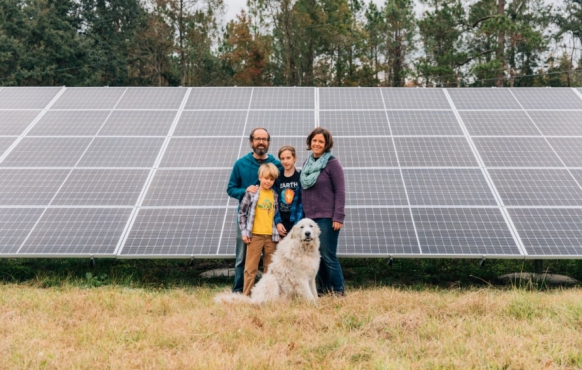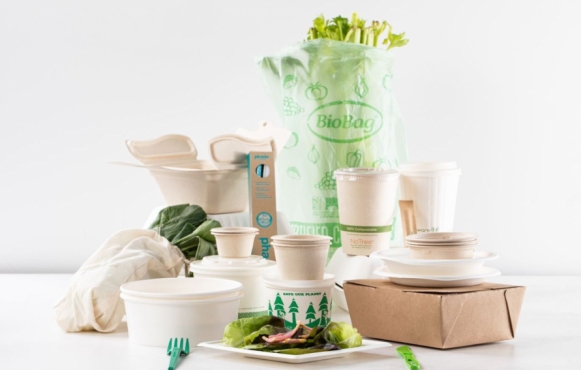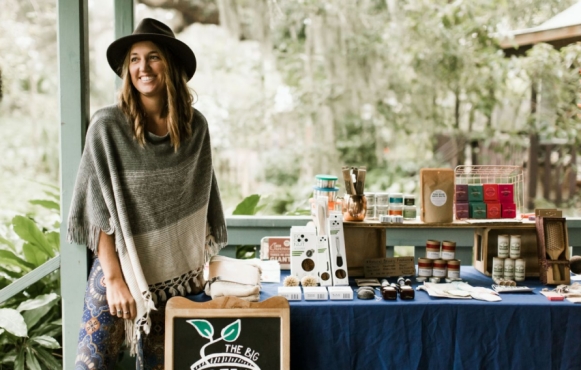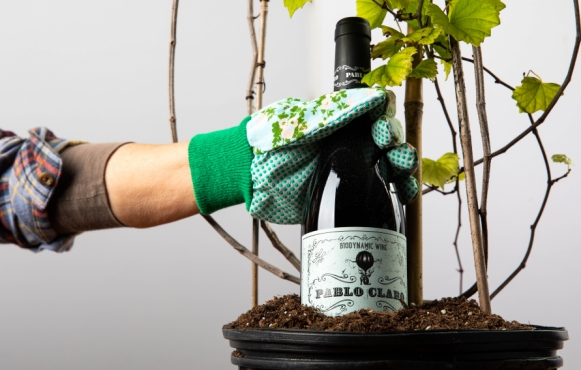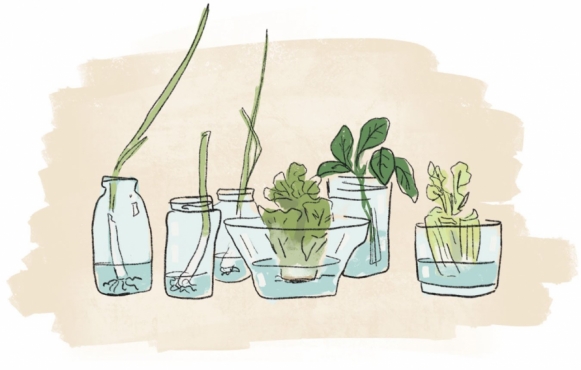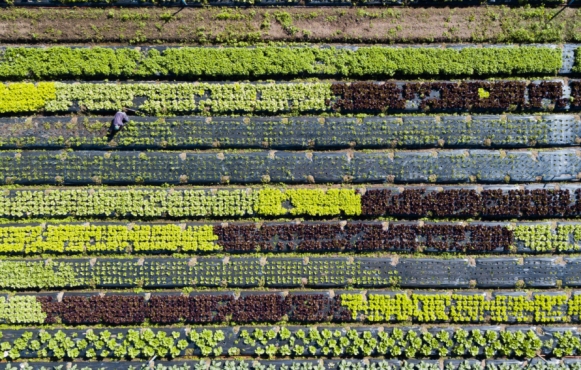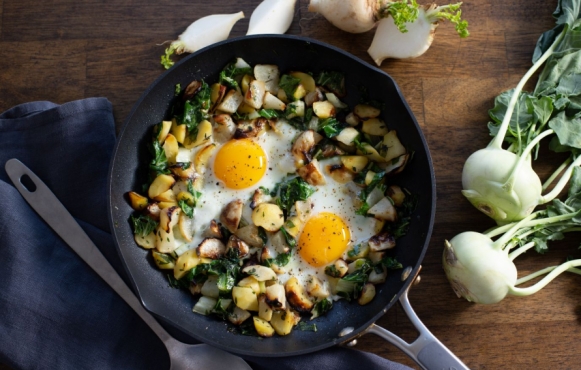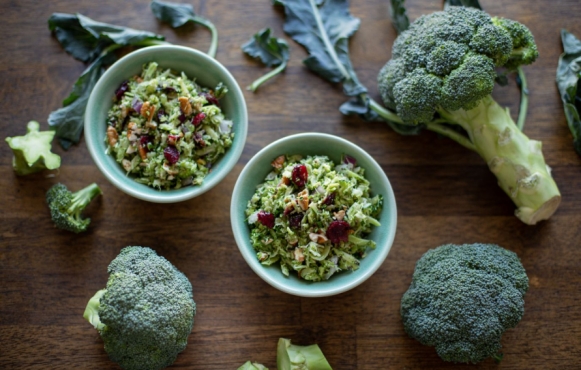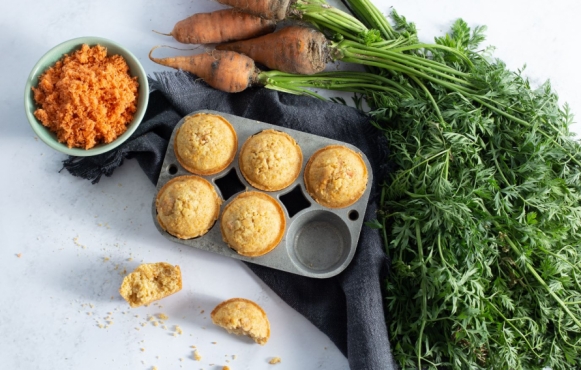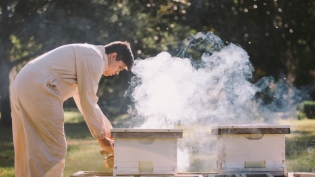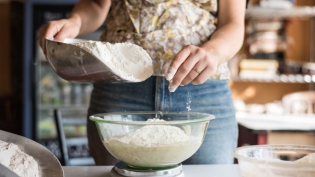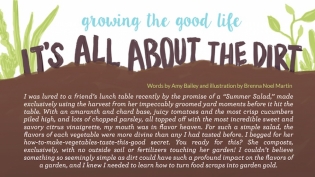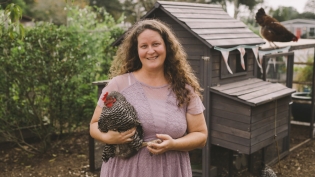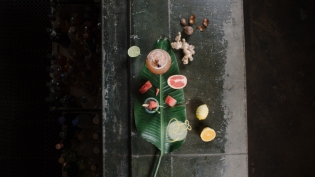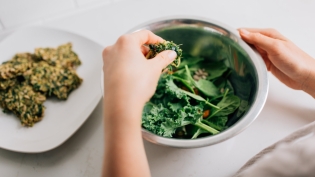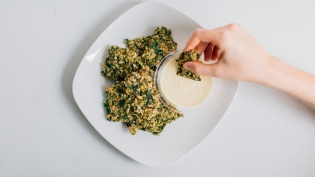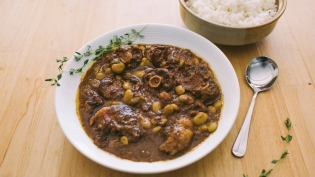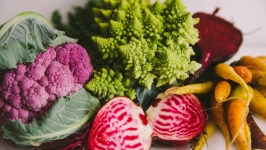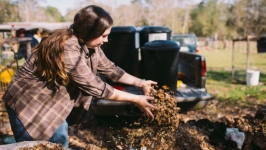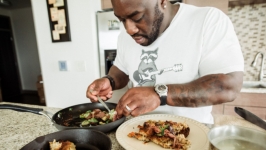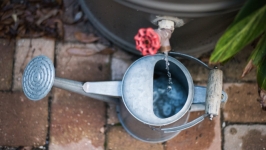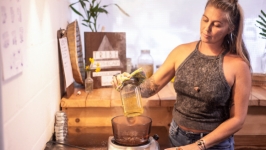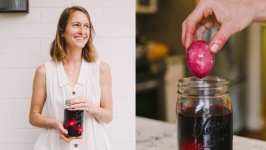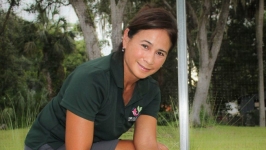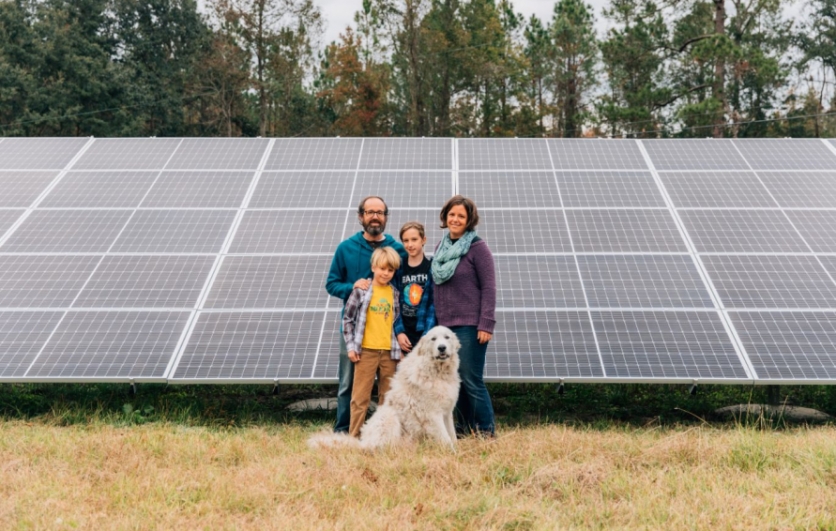
"Every aspect of our lives is, in a sense, a vote for the kind of world we want to live in."
Frances Moore Lappé
It’s probably fair to say that by the end of 2020, we were all ready to leave the previous 12 months behind and welcome a new year. Even though turning the calendar page to January 1, 2021 didn’t guarantee life would be different, the occasion allowed us to reflect on what was and what could be. And while 2020 may be best defined as a dumpster fire of a year, I still believe we can glean some positive learnings to draw on now and into the future.
One important lesson from last year was the criticality of a resilient and sustainable food system. For example, when disruptions to national supply chains led many of us to seek out local sources of food, and area farmers’ markets closed due to the pandemic, farmers quickly adapted. They shifted their distribution models to include more home delivery and expanded partnerships to sell produce to customers at restaurants. Other growers ramped up their production to meet the demand. Many of those practices remain in place even after the markets have reopened, because farmers view diversification as an important component of their ongoing survival. In other words, they are not putting all their eggs in one basket.
The Sustainability Issue examines other ways the local food system is gaining greater resiliency in the long term. Read about a local farm determined to reduce dependency on the power company by installing solar panels to run their operation. Learn about area entrepreneurs establishing businesses and organizations designed to meet the growing consumer demand for eco-friendly products and services. A recent survey indicates one of the most important sustainability issues on people’s minds is food waste. This issue provides ways to address those concerns, with recipes focused on total utilization and tips for growing food from scraps. Discover that, while it may seem like the latest fad in libations, the roots of natural winemaking are ancient.
When it comes to our food choices, it may feel daunting to shift daily habits to support a more sustainable lifestyle. The good news is we don’t have to completely rethink our shopping list and eating behaviors all at once. Instead, consider one or two changes whenever you choose groceries or dine. As an old French saying goes, “little by little, the bird makes its nest.” And so, too, can we create a resilient and healthy food system.
**********
STORIES FROM THE SUSTAINABILITY ISSUE


